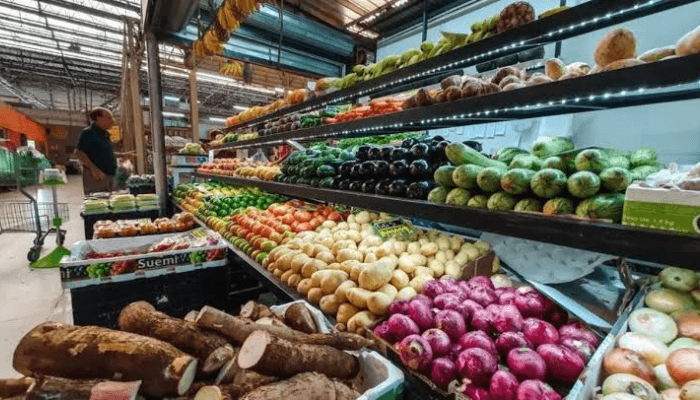Sahel Consulting champions resilient food systems
As food prices soar and more Nigerian households struggle to afford basic meals, a renewed call for resilience in the country’s food system is gaining momentum.
Sahel Consulting Agriculture and Nutrition Limited is convening stakeholders across government, private sector, civil society, and media for the ‘Sahel Food Systems Changemakers Conference 2025’, aimed at rethinking how agricultural programmes are designed and sustained.
Themed ‘Designing for Legacy: Building Resilient and Impact-Driven Food Systems,’ the conference comes amid rising concerns over Nigeria’s dependence on short-term donor-driven projects that often collapse when funding ends.
“When we talk about legacy, we are talking about resilience — programmes that last beyond a donor’s funding window and continue to deliver impact for farmers, families, and communities,” said Temitope Adegoroye, managing partner at Sahel Consulting.
She explained that billions of dollars have gone into Nigeria’s agricultural development in the last decade, but persistent structural challenges — from low productivity to poor coordination — continue to undermine progress.
Read also: Nigeria records higher food output, lower prices in 2025 – Report
“Too often, projects thrive while funding is flowing, but once it stops, everything comes to a halt. We need new models embedded in local systems, owned by communities, and strengthened by private sector leadership,” she said.
The call for reform comes at a time of shifting global development priorities. With major international funders scaling back in 2025, many organisations that once shaped Africa’s food security landscape are struggling to remain viable.
For Nigeria, this presents both a crisis and an opportunity — a chance to chart a path toward homegrown resilience.
“Funders, governments, and communities all agree that we cannot keep doing the same things and expect different results,” Adegoroye noted.
“We must design for legacy — initiatives that outlive donor cycles, empower local actors, and build resilience into the food system from the start,” she added.
The upcoming conference, scheduled for October 30, 2025, will bring together policymakers, private investors, researchers, and grassroots leaders to discuss innovative policy and investment strategies.
Participants will reflect on lessons from past interventions, share successful models, and explore ways to reduce Nigeria’s dependence on external aid.
One of the conference’s priorities is to emphasise responsible public spending in agricultural programmes. Adegoroye stressed that projects must move away from patronage-driven models.
“We cannot see projects as opportunities to fill pockets. They must drive real, lasting impact, owned by the people who live with the outcomes,” she noted.
Read also: Joy in markets, dread on Plateau farms as FG crashes food prices
Experts say Nigeria’s food system remains vulnerable because many agricultural interventions fail to take root locally. Programmes are often externally designed and donor-dependent, with limited local ownership. This has made sustainability a recurring challenge even in successful projects.
By bringing together a diverse range of voices — from policymakers and private investors to farmers, community leaders, and journalists — the group hopes to foster cross-sector collaboration that can drive lasting change.
“This is not the usual conference,” Adegoroye said. “It is a chance to unlearn, relearn, and design initiatives that truly serve our people and our future. If we succeed, generations to come will inherit food systems that are stronger, fairer, and more resilient.”
Sahel Consulting, an African advisory firm working with governments, private sector actors, and development partners, says the ultimate goal is to translate dialogue into tangible actions that strengthen food security, promote value addition, and ensure sustainable livelihoods for farmers.

